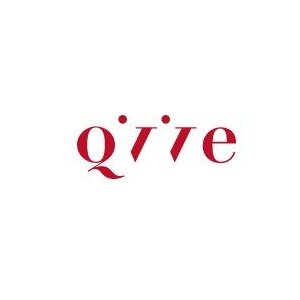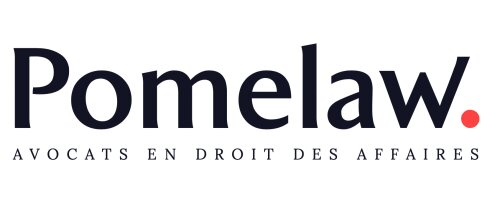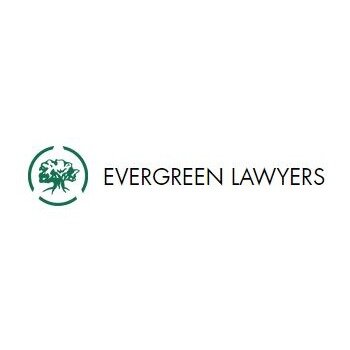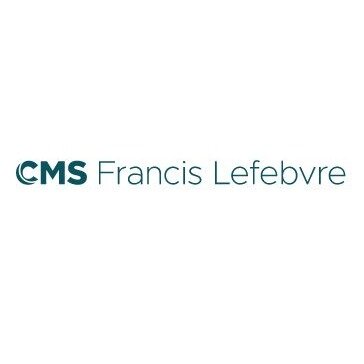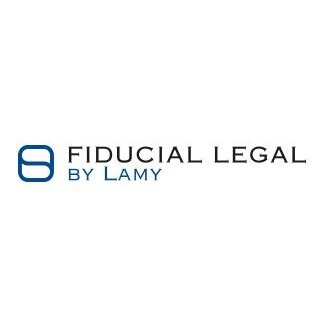Best Nonprofit & Charitable Organizations Lawyers in Lyon
Share your needs with us, get contacted by law firms.
Free. Takes 2 min.
List of the best lawyers in Lyon, France
About Nonprofit & Charitable Organizations Law in Lyon, France
Nonprofit and charitable organizations in Lyon, France operate under a legal framework that defines their creation, management, and regulation. These organizations, often termed "associations," serve diverse purposes, including social, cultural, educational, and humanitarian goals. The legal foundation for nonprofits in France is established by the Law of 1 July 1901, which outlines the freedoms and responsibilities of such entities. This framework provides a wide latitude for organizations to pursue their missions while ensuring they adhere to ethical, financial, and governance standards. Lyon, with its vibrant cultural scene and strong community networks, is home to a plethora of dynamic nonprofit organizations.
Why You May Need a Lawyer
Legal assistance is essential for nonprofit and charitable organizations at various stages of their lifecycle. Common situations where legal advice may be necessary include:
- Forming an organization and drafting statutes in compliance with French law.
- Navigating tax benefits and obligations, including securing charity status.
- Fulfilling administrative and reporting requirements to government bodies.
- Addressing employment law issues related to staff or volunteer management.
- Ensuring compliance with fundraising regulations and donor agreements.
- Handling disputes or legal challenges that may arise.
- Merging with or acquiring other organizations to expand missions.
Local Laws Overview
Nonprofit and charitable organizations in Lyon must adhere to both national and local regulations that encompass various legal domains. Key aspects include:
- The 1901 Law, which defines the operational framework and allows for a range of activities within the scope of nonprofit objectives.
- Registration with the local prefecture, necessary for an association to obtain legal existence.
- Governance structures that require clarity in roles, especially for board members and executives, to avoid conflicts of interest.
- Financial regulations mandating accurate record-keeping and financial transparency, especially for those receiving public funds or donations.
- Strict guidelines for organizing public events, lotteries, or public collections, particularly when fundraising is involved.
Frequently Asked Questions
What is the first step in creating a nonprofit organization in Lyon?
The first step is drafting the organization's statutes, which outline the objectives and governance of the nonprofit, and then registering with the local prefecture.
Do nonprofit organizations in Lyon face any tax obligations?
While nonprofit organizations can benefit from tax exemptions, they must fulfill certain criteria such as operating without a profit motive and meeting public beneficence objectives.
Can foreign nationals establish a nonprofit in Lyon?
Yes, foreign nationals can establish a nonprofit in Lyon, though they must comply with French regulations regarding association formation and management.
How can a nonprofit in Lyon legally fundraise?
Nonprofits can fundraise by applying for permission to hold public collections or events and must ensure compliance with financial transparency laws.
Is it mandatory to have a board of directors for a nonprofit?
While not mandatory under the 1901 Law, having a board is recommended for effective governance and decision-making within a nonprofit.
How does a nonprofit apply for charitable status?
To obtain charitable status, a nonprofit needs to apply through the government, demonstrating its commitment to public benefit and adherence to specific criteria.
Are there annual reporting requirements for nonprofits?
Yes, nonprofits must adhere to reporting requirements, especially if they receive subsidies or significant public donations, to ensure transparency and accountability.
What are the legal implications of hiring staff in a nonprofit?
Nonprofits must comply with French labor laws, which include fair employment contracts, proper reporting, and adhering to social security obligations.
Can a nonprofit engage in commercial activities?
While nonprofits can engage in limited commercial activities to support their mission, these activities must align with their core objectives and not overshadow their primary purpose.
What should a nonprofit do if it anticipates a legal dispute?
It should seek legal advice to navigate the dispute resolution process, which may involve mediation, arbitration, or court proceedings, depending on the situation.
Additional Resources
Several resources can be invaluable for those seeking information or assistance with nonprofit legal issues in Lyon:
- Regional Directorate for Youth, Sport, and Social Cohesion (DRJSCS): Provides support and information regarding nonprofit operation and compliance.
- Maison des Associations: A local organization that offers guidance and resources for small to large nonprofits in Lyon.
- French Ministry of Economy and Finance: Offers regulatory guidance on financial reporting and tax obligations for nonprofits.
- Law Firms Specializing in Nonprofit Law: Several legal firms in Lyon specialize in nonprofit law and can provide tailored advice.
Next Steps
If you require legal assistance for nonprofit and charitable organizations in Lyon, consider the following steps:
- Consult with a law firm specializing in nonprofit law to understand your legal standing and obligations.
- Utilize resources from local government or associations that provide regulatory guidance and support for nonprofit entities.
- Ensure your organization's statutes and operations are compliant with both local and national laws to avoid potential legal issues.
- Consider attending workshops or seminars on nonprofit management and law to stay informed about the latest developments and obligations.
Lawzana helps you find the best lawyers and law firms in Lyon through a curated and pre-screened list of qualified legal professionals. Our platform offers rankings and detailed profiles of attorneys and law firms, allowing you to compare based on practice areas, including Nonprofit & Charitable Organizations, experience, and client feedback.
Each profile includes a description of the firm's areas of practice, client reviews, team members and partners, year of establishment, spoken languages, office locations, contact information, social media presence, and any published articles or resources. Most firms on our platform speak English and are experienced in both local and international legal matters.
Get a quote from top-rated law firms in Lyon, France — quickly, securely, and without unnecessary hassle.
Disclaimer:
The information provided on this page is for general informational purposes only and does not constitute legal advice. While we strive to ensure the accuracy and relevance of the content, legal information may change over time, and interpretations of the law can vary. You should always consult with a qualified legal professional for advice specific to your situation.
We disclaim all liability for actions taken or not taken based on the content of this page. If you believe any information is incorrect or outdated, please contact us, and we will review and update it where appropriate.




